Iran arrests main culprit behind Kerman terrorist attack: Intelligence Ministry
Iranian security forces have detained one of the main culprits behind two terrorist blasts in the southeastern city of Kerman earlier this year.
At least 103 people have been killed and 211 more injured in twin terrorist explosions near the burial site of Iran’s legendary anti-terror figure Lieutenant General Qassem Soleimani in Kerman on January 3.
In a statement on Saturday, Iran's Intelligence Ministry said its forces had apprehended "one of the ring leaders and main plotters" of the attacks, identifying him as Abdullah Kuveyteh. He had been transferred to the country.
It added that the intelligence obtained from Quetta has played a leading role in uncovering many Takfiri conspiracies, identifying other major elements involved in the plot and discovering their hideout in regional countries.
It said the arrest of Quetta, a central figure in orchestrating the bombings, represents a significant breakthrough in the investigation.
The ministry, however, emphasized that investigation is still underway.
Elsewhere in the statement, the ministry said its forces identified various terrorist ringleaders and engaged in 79 direct confrontation with them in a period from May 1 to July 5.
Dozens of terrorists, their supporters and suppliers of weapons and ammunition were arrested during 45 days of operations, it added.
The ministry noted that 560 types of weapons, 41,895 war cartridges, 9 bombs and significant amounts of explosives were also confiscated.
It said Daesh terrorists hatched plots to infiltrate into the country and carry out terror acts during the funeral processions held for late Iranian President Ebrahim Raeisi, Foreign Minister Hossein Amir-Abdollahian and six of their companions in May.
The terrorists also sought to carry out acts of sabotage during two rounds of Iran's presidential election, it explained.
However, the ministry detained the terrorists who had entered the country to conduct terror attacks mainly in the provinces of Tehran, Alborz, Qazvin, Khorasan Razavi, Fars, Sistan and Baluchestan, Hormozgan and Bushehr, it noted.
According to the statement, a number of terrorists were killed in Iran's eastern border areas before entering the country.
It also pointed to miscalculation of the Mujahedin-e Khalq Organization terrorist group, which sought to cause insecurity in Iran, and said six operational cells linked to the MKO were identified and all the terrorists were arrested. Workshops for the production of handmade launchers were also seized.
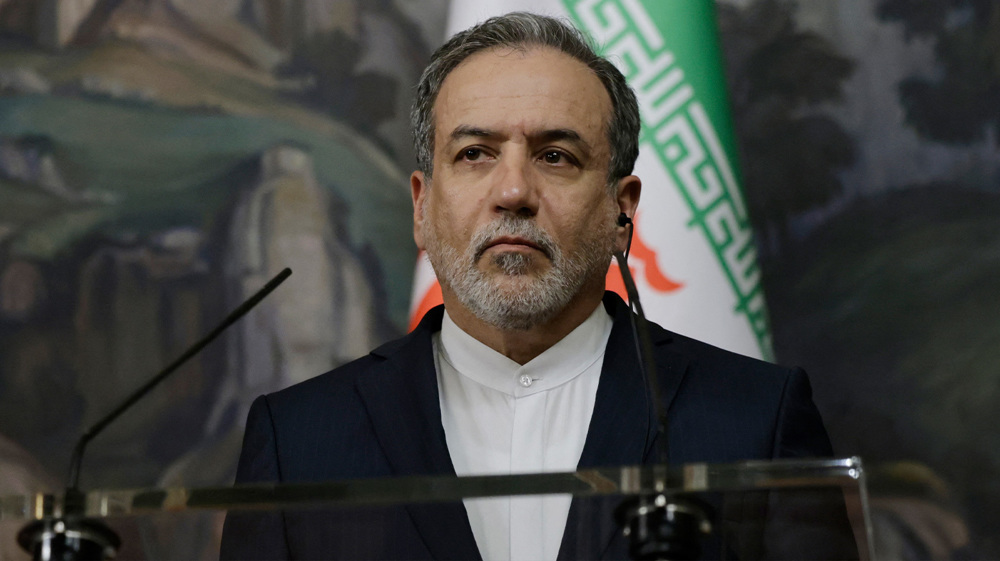
Certain groups manipulating Iran-US talks, goading US into making ‘maximalist demands’: FM
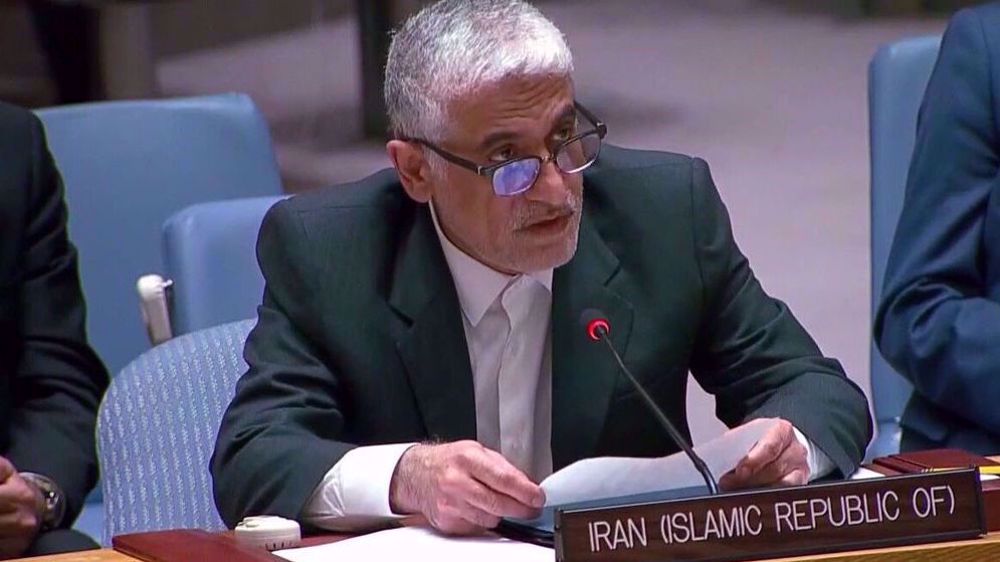
Iran condemns baseless GCC claims on 3 Persian Gulf islands
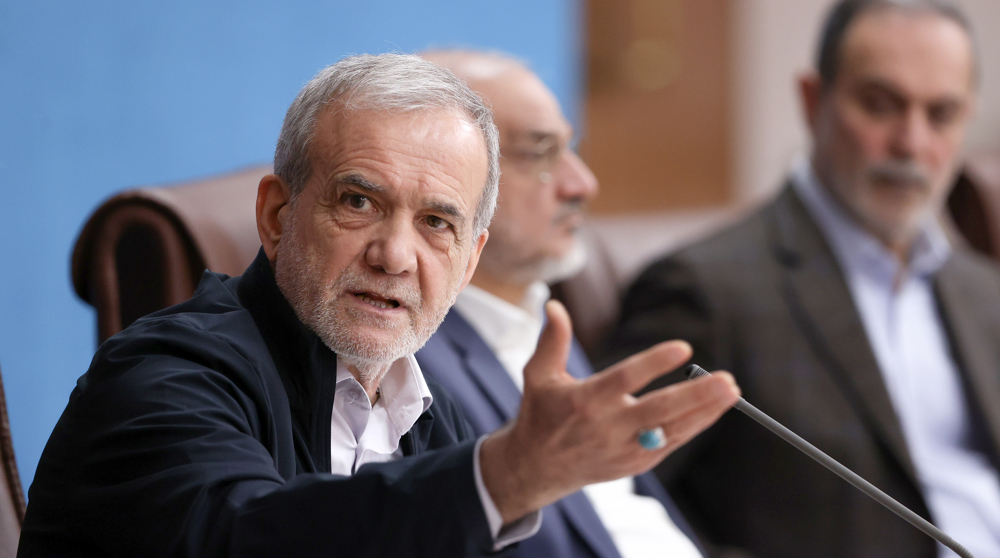
Iran will ‘chart its own path’ if US refuses to negotiate on ‘equal footing’: President
VIDEO | Senior Hamas-allied leader killed in Israeli drone strike south of Beirut
Syria arrests Islamic Jihad officials after US ties sanctions relief to ban on Palestinian groups
Gaza children dying not only from bombs, but hunger: Health Ministry
Israeli strikes kill nearly 10 Gazans, including two children, in new aggression
VIDEO | Rome talks & sword breaks in Gaza
VIDEO | Ireland remembers anti-colonial uprising
Day of Rage: Hamas calls on all Palestinians to attend pro-Gaza rallies
Certain groups manipulating Iran-US talks, goading US into making ‘maximalist demands’: FM


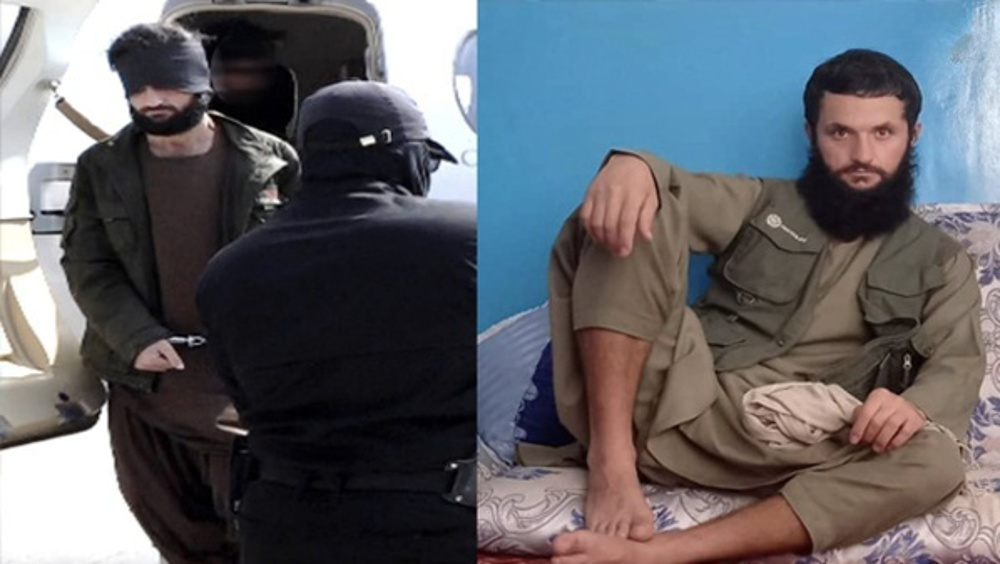
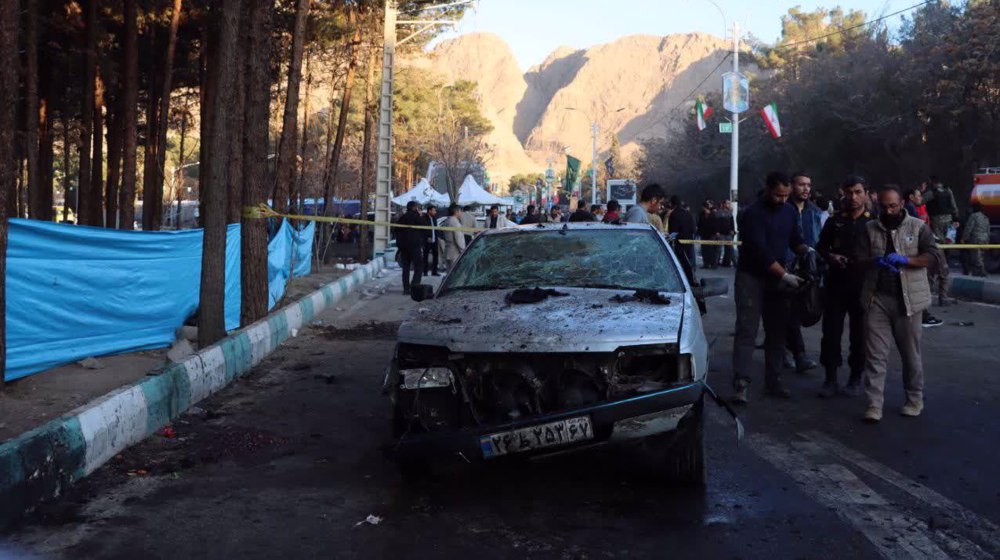




 This makes it easy to access the Press TV website
This makes it easy to access the Press TV website